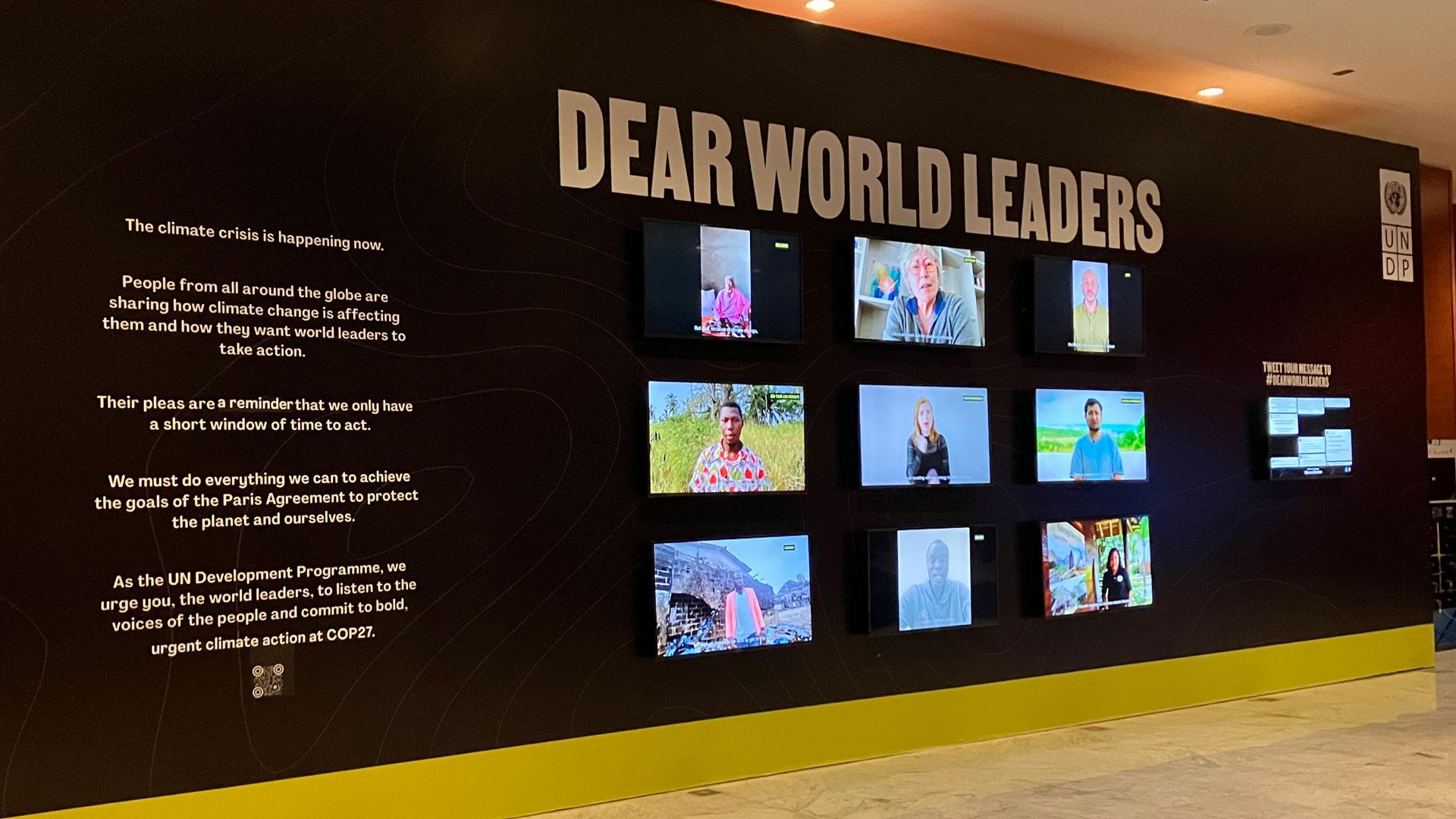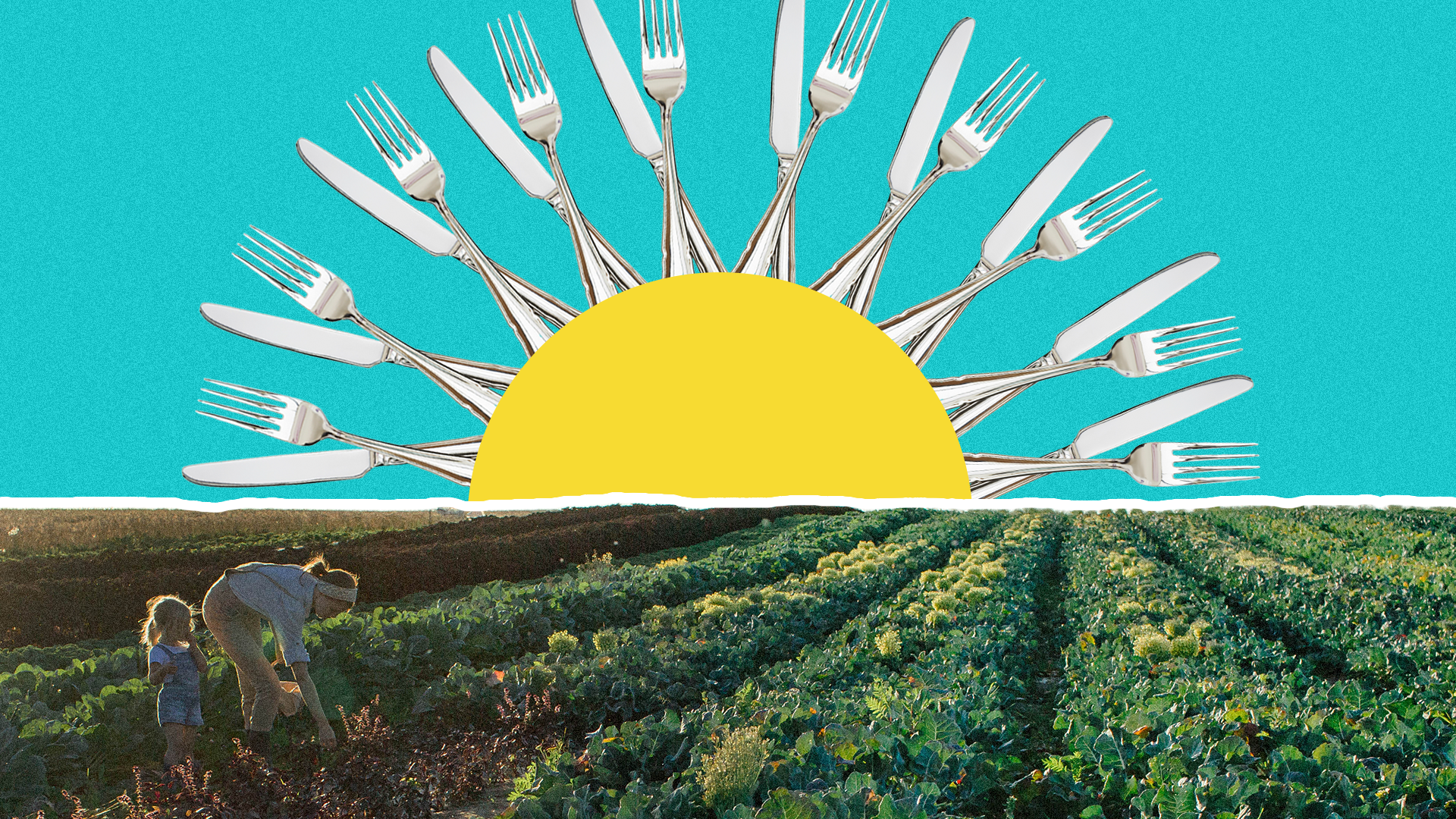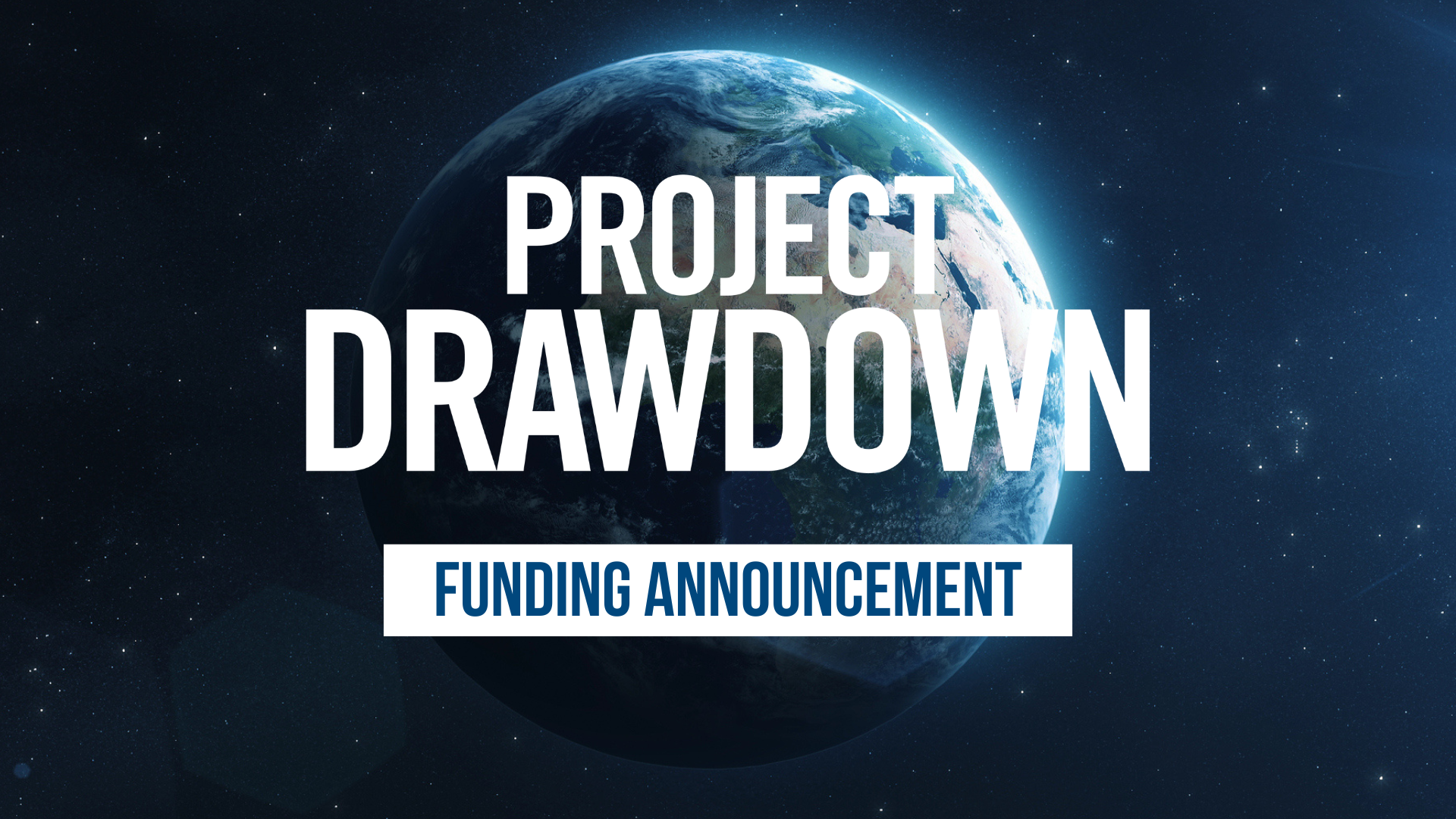5) Clean cooking - A major source of black carbon (aka soot), traditional cooking using wood, crop residues, and dried dung is terrible for women, young children, their health, and the environment. In six countries (DRC, Madagascar, Mozambique, Niger, Uganda, and Tanzania), just five percent or less of the population has access to clean cooking. Providing women-informed and locally-appropriate clean cooking to the 2.4 billion people who lack access would be a huge win for gender equality, health, and the climate, and was highlighted in many COP27 events.
6) Nature - Protecting and restoring the ecosystems upon which we all depend is critical. President-elect Lula da Silva's commitments to re-engage Brazil, along with the DRC and Indonesia, in protecting major tropical forests were very welcomed. Many discussions and presentations focused on the role that tropical forest systems and agricultural and agroforestry systems can play for both adaptation and mitigation as well as for boosting food security.
7) Solutions - We don't need to reinvent the wheel - we have the solutions in hand to solve the climate crisis. Drawdown Lift’s Climate-Poverty Connections report, released earlier this year, highlights 28 proven solutions that contribute to well-being and the SDGs, climate adaptation, and climate mitigation. Working together with individuals, governments, donors, and the private sector, we can advance actions that support low-carbon pathways to socioeconomic development, improve health, and address the climate crisis.
Looking ahead, the Drawdown Lift team at Project Drawdown is eager to further engage with colleagues we met at COP27 and our Lift Advisory Council members as we collaboratively lead the way forward for a more just and equitable future.




